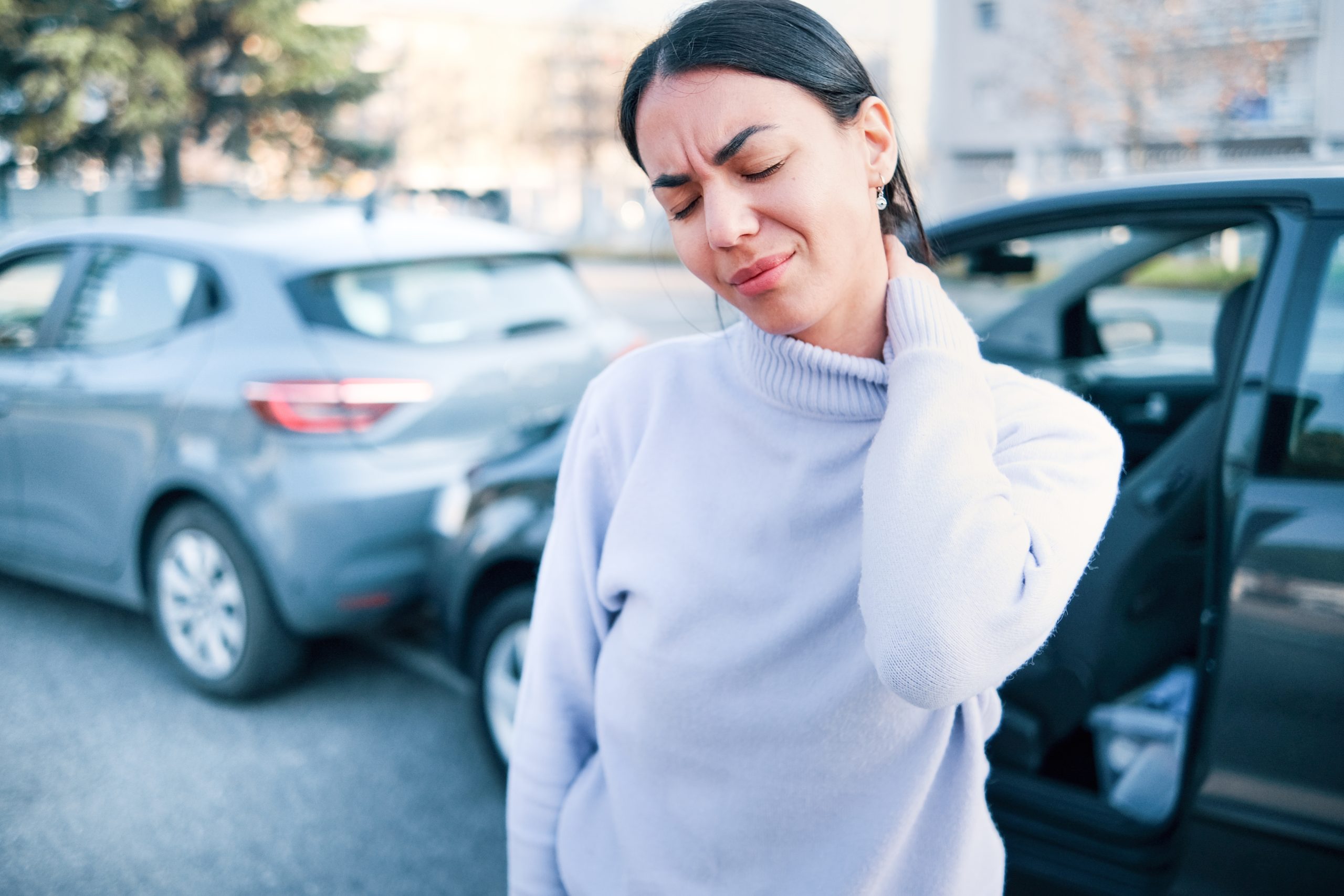If you’ve ever purchased auto insurance, you’ve probably heard of personal injury protection (PIP) benefits. This kind of coverage is required in Utah and is sometimes called “no-fault insurance.” But what exactly are PIP benefits, and how do they work?
This article will delve into the details of PIP benefits, explaining what they cover, who is eligible, and why they’re essential for auto insurance in certain states, including Utah.
What Are Personal Injury Protection Benefits?
PIP benefits are a type of insurance coverage designed to provide financial assistance to individuals involved in auto collisions. More specifically, they’re meant to cover medical expenses, household help, and lost wages resulting from injuries sustained in the crash.
PIP benefits are often associated with no-fault auto insurance systems implemented in several states across the United States. Utah is a no-fault state, so most insurance policies automatically provide PIP benefits unless expressly excluded.
What Coverage Do PIP Benefits Offer?
One of the key features of PIP benefits is that they provide coverage regardless of who is at fault in the incident. This means that even if you caused the crash, you can still receive PIP benefits to help cover your medical bills and other expenses related to the collision. PIP typically provides up to $3,000 of coverage under most policies, but you can pay an additional premium to obtain more coverage.
Typically, PIP benefits can cover:
- Medical expenses: This includes costs related to hospital visits, surgeries, doctor’s appointments, prescription medications, rehabilitation, and other necessary medical treatments resulting from the crash.
- Lost wages: If you cannot work due to injuries sustained in the incident, PIP benefits can compensate for a portion of your lost income during your recovery period.
- Funeral expenses: In unfortunate cases where an auto collision results in fatalities, PIP benefits may also cover funeral expenses.
- Additional services: Depending on the state and policy details, PIP benefits may extend to services such as childcare, household assistance, and other necessary support if the injured person is unable to perform these tasks due to their injuries. Utah is a state that allows for household assistance, also known as a “special damage allowance.”
Who Is Eligible for PIP Benefits?
Eligibility for PIP benefits varies from state to state, as not all states require or offer this type of coverage. However, in states where PIP benefits are mandated, drivers are typically required to carry this coverage as part of their auto insurance policy.
In no-fault states, PIP benefits are available to the policyholder (the person named on the insurance policy), passengers, and sometimes pedestrians or cyclists involved in the incident, regardless of who caused the crash.
Why Do PIP Benefits Matter?
PIP benefits ensure those involved in auto collisions receive prompt medical treatment and can cover their resulting expenses without waiting for a determination of fault or a lengthy legal process. This expedited financial assistance can make a significant difference in recovery, allowing injured individuals to focus on healing rather than worrying about medical bills and lost income.
How PIP Benefits Work in Action
Let’s say you purchase auto insurance from a company here in Utah. This company is required to include $3,000 of PIP coverage. On your way home from work one day, you decide to check your texts quickly, and you rear-end another driver. The person you hit also has PIP coverage, and they’re diagnosed with whiplash after the incident.
Even though you’re at fault, the other driver will use their PIP coverage to get immediate care and pay for their first $3,000 in medical expenses. If they heal quickly, the case is closed, and your insurance company won’t pay anything — hence the name, “no-fault coverage.”
If the other driver doesn’t recover quickly, your insurance may need to pay if they meet a threshold. The threshold is met once their medical bills have reached or exceeded $3,000 or in cases of extreme permanent injury.
If the other driver’s bills exceed $3,000.00 or if they suspect they will exceed $3,000.00, they can file a claim against your insurance for pain, suffering, lost wages, and medical care. At this point, they’ll probably hire a personal injury attorney. When the claim is settled, your insurance company will pay for all the medical bills and damages accrued including that first $3,000.
Get Expert Legal Help From Acadia Law Group
PIP benefits support individuals involved in auto collisions, particularly in no-fault states. By covering medical expenses, lost wages, and related costs, PIP benefits offer peace of mind and ensure injured parties receive the care and assistance they need to recover.
Acadia Law Group understands PIP benefits and their significance. We can help you make informed decisions when selecting auto insurance coverage, ensuring you have adequate protection after a car crash. Contact us today to get expert legal help.

